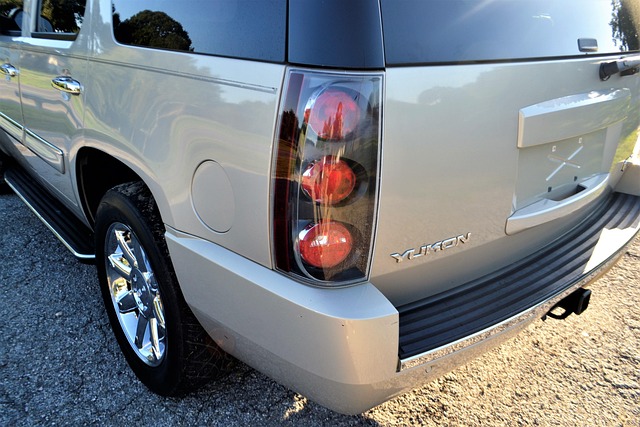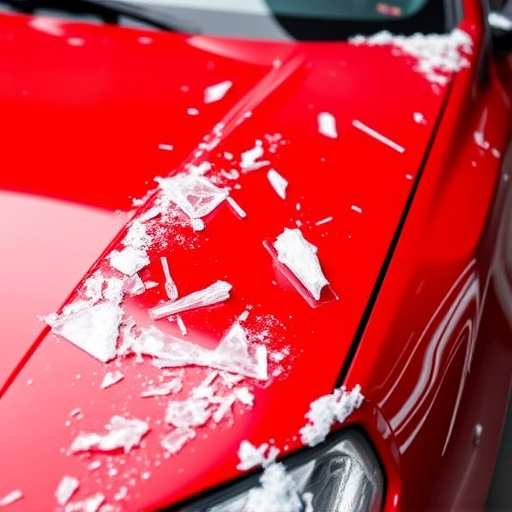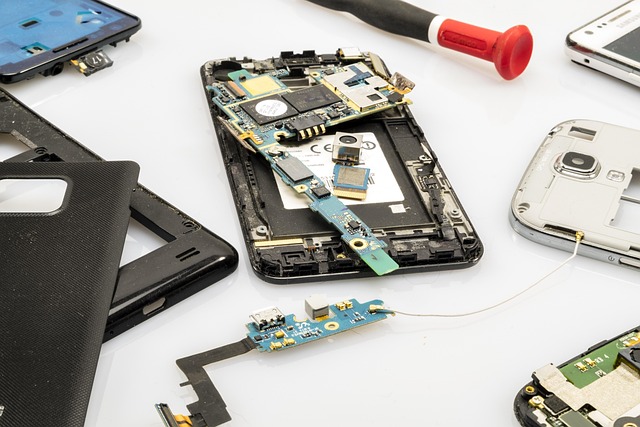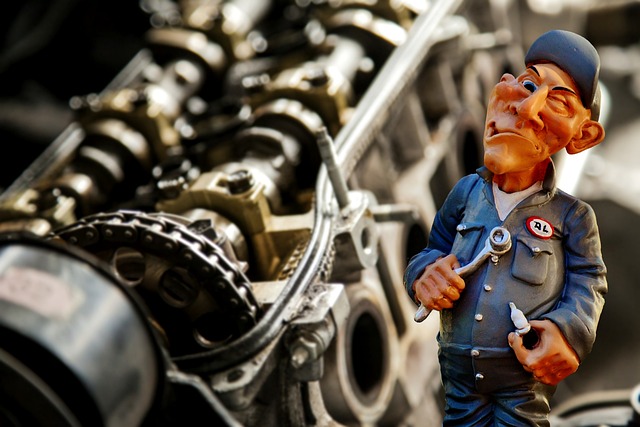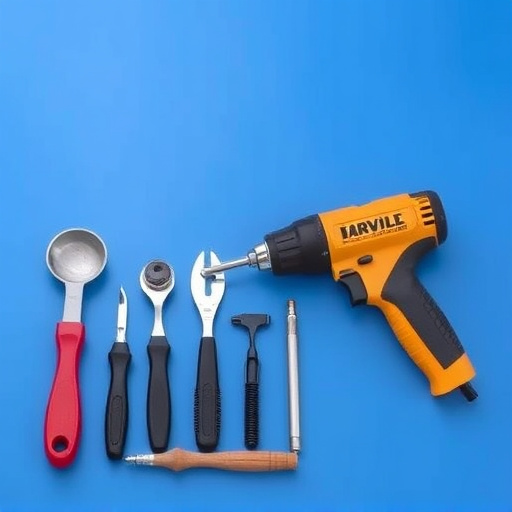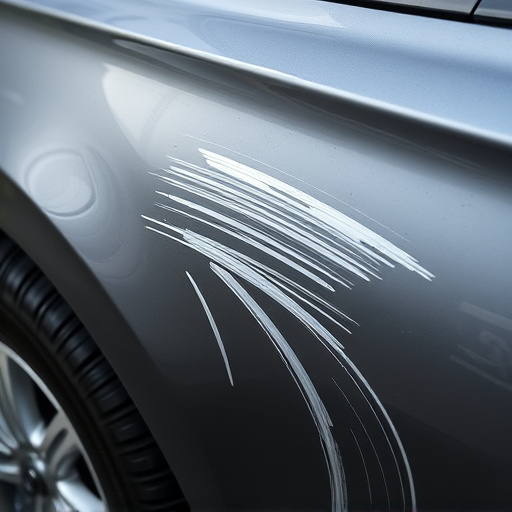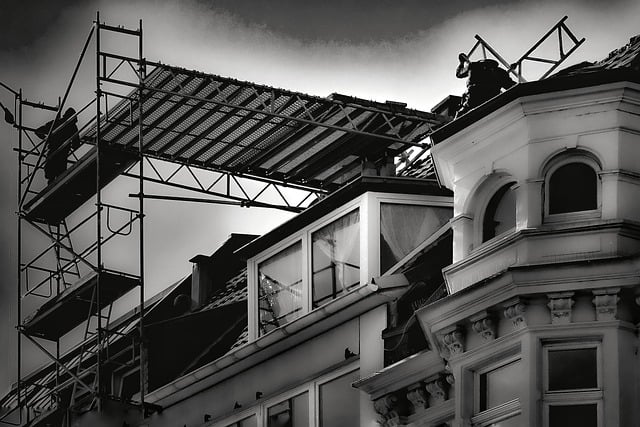Staying informed about industry standards and regulations is crucial for glass replacement compliance in automotive sectors. Glass replacement certification programs equip technicians with specialized training, ensuring safety, quality, and consistency. Rigorous training, ongoing updates, and detailed records maintenance are vital for achieving and maintaining certifications, fostering customer trust, and enhancing vehicle safety and repair efficiency.
In the realm of construction and safety, proper glass replacement is non-negotiable. To ensure compliance with industry standards and regulations, this comprehensive guide delves into three key elements: understanding governing norms and laws, implementing robust training programs for professionals, and maintaining meticulous records for verification. By adhering to these practices, you can facilitate efficient, safe, and certified glass replacement processes.
- Understand Industry Standards and Regulations
- Implement Rigorous Training Programs
- Maintain Detailed Records for Verification
Understand Industry Standards and Regulations

Staying informed about industry standards and regulations is non-negotiable when it comes to glass replacement compliance. These guidelines are put in place to ensure safety, quality, and consistency across the board. For professionals in the automotive sector, understanding relevant car paint services and vehicle body shop regulations is paramount. This includes adhering to specific protocols for car restoration projects involving glass, ensuring every replacement part meets required standards.
Glass replacement certification programs play a crucial role here, offering specialized training and qualifications for technicians. By participating in these programs, professionals can stay updated on the latest advancements in materials, techniques, and safety measures, directly impacting the quality of their work. This commitment to excellence not only safeguards the integrity of repairs but also instills trust among clients who rely on top-notch car restoration services.
Implement Rigorous Training Programs

Implementing rigorous training programs is a cornerstone for achieving and maintaining glass replacement compliance. These programs should encompass comprehensive instruction on various aspects, including but not limited to safety protocols, industry standards, and specialized techniques unique to glass replacement. Training should be ongoing, ensuring that all staff members, from technicians to support staff, are up-to-date with the latest practices and regulations, especially considering the evolving nature of technology in the auto glass repair sector.
Certifications, such as those offered through glass replacement certification programs, play a vital role in this process. They validate the skills and knowledge of professionals, fostering trust among customers. Moreover, they help to mitigate risks associated with substandard work, particularly in scenarios like fender benders or dent removal where precise and timely glass replacement can significantly impact overall vehicle safety and repair costs.
Maintain Detailed Records for Verification

Maintaining detailed records is an integral part of ensuring glass replacement compliance and achieving certification. Every step of the process should be documented, from initial assessments to final installations. These records serve as a comprehensive log, verifying that the work adheres to industry standards and regulations. By keeping meticulous notes, auto repair experts can demonstrate their expertise, especially when dealing with intricate car restoration or luxury vehicle repair tasks that demand precision and adherence to safety guidelines.
When it comes to glass replacement, having detailed documentation enables quick verification of material sources, installation techniques, and any modifications made during the process. This is crucial for both internal quality control measures and external audits, ensuring that your auto repair shop near me meets the necessary criteria for certification and maintains a high standard of professionalism.
Maintaining glass replacement compliance involves adhering to industry standards, regulating practices, and implementing robust training. By understanding and staying current with regulations, thorough record-keeping, and comprehensive training programs, professionals can ensure top-notch work and achieve crucial glass replacement certification. These steps not only guarantee safety but also foster trust among clients, emphasizing the importance of these key elements in any successful glass replacement project.

